Macau Unemployment Rate Just 1.7 Percent, as Gaming Industry Continues Hiring Spree
Posted on: May 28, 2019, 10:10h.
Last updated on: May 28, 2019, 10:10h.
Macau is the world’s richest gambling mecca, and the gaming industry is providing plenty of well-paying jobs for locals.
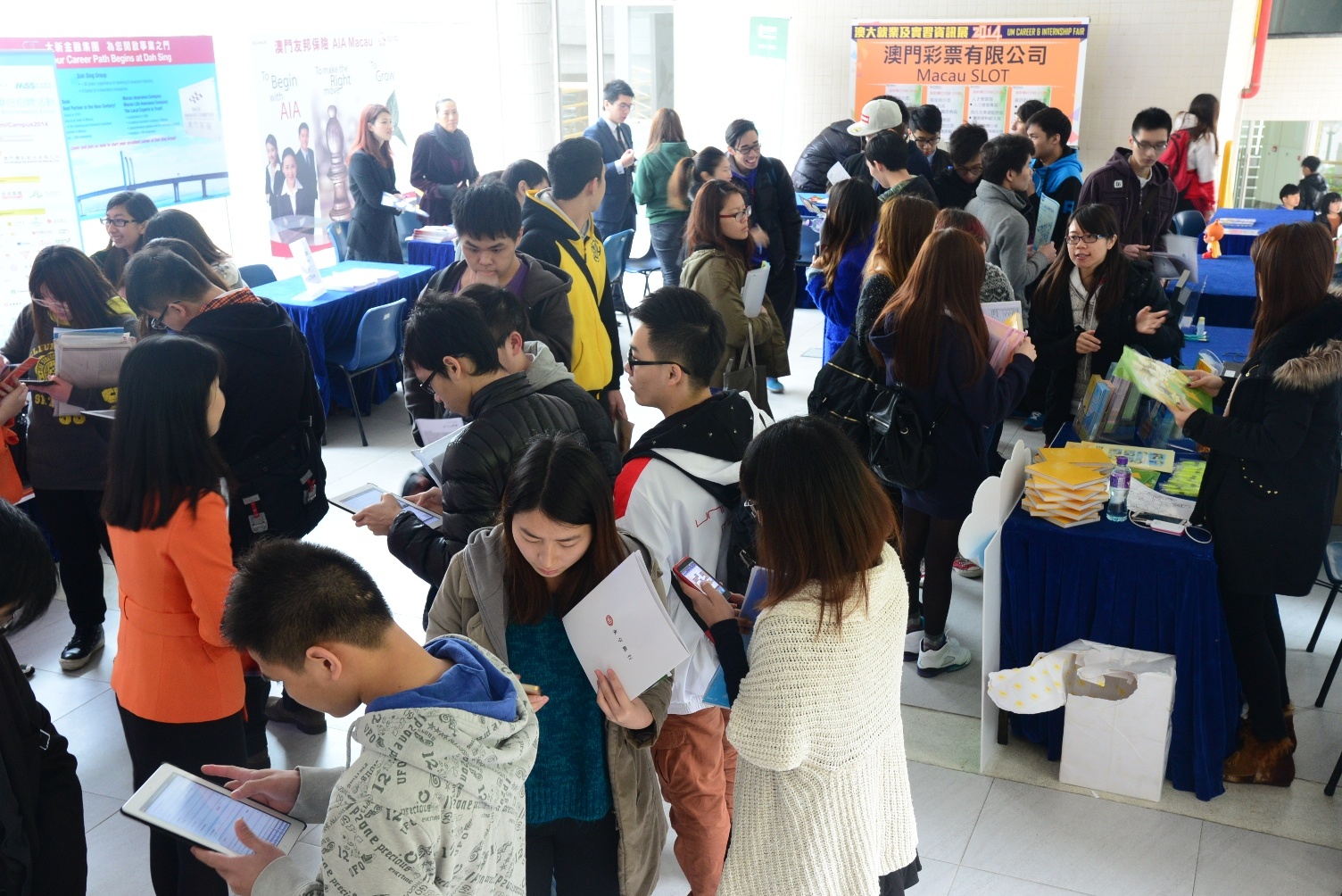
Data released this week by the Special Administrative Region’s (SAR) Statistics and Census Service reveals that unemployment between February through April fell 0.2 percent to 1.7 percent. That means just 6,600 locals in the enclave are out of work and looking for a job.
Macau employment laws require that casino dealers reside within the SAR’s jurisdiction.
Gaming is Macau’s lifeline, as the industry generated 87.6 percent of the government’s tax revenue in the first quarter of 2019.
Casinos Fuel Economy
Along with the enclave’s unemployment statistics, Macau revealed this week that the government collected MOP39.42 billion ($4.88 billion) in tax revenue from casinos in the first four months of the year.
The Macau Financial Services Bureau says the $4.88 billion is 40.1 percent of the annual budgeted tax revenue from the gaming industry. Government officials expect to receive $12.16 billion from casinos in 2019.
Casino tax revenue is up 4.4 percent this year. The government is typically conservative in estimating the proceeds it will receive from the gaming industry. The enclave taxes gross gaming revenue (GGR) at an effective rate of 39 percent.
Macau was home to 41 casino floors in the first quarter. Only six operators are licensed to conduct gaming operations – Las Vegas Sands, Wynn Resorts, Melco Resorts, MGM Resorts, SJM Holdings, and Galaxy Entertainment. The six concessions are afforded the right to partner with smaller hotels to conduct satellite casinos, and SJM has the most with 22 venues.
Gaming Revenue Down
The increased gaming tax revenue from Macau casinos might come as a surprise considering that GGR in the enclave was actually down 2.4 percent during the first four months of the year. Total casino win is at $12.34 billion, a $31 million decline from the same period in 2018.
However, the mass market is currently fueling the gaming industry – not the VIP. Margins are substantially better on the general public than the high roller, Melco CEO Lawrence Ho saying that “margin on mass is four times higher.”
Macau is undergoing a transformation of sorts, as casino operators continue to focus more on the mass marker than the VIP. The switch comes as a result of China President Xi Jinping’s directive to law enforcement to better monitor junket groups that cater to the mainland’s wealthiest citizens.
Being a tax haven free of the People’s Republic’s heavily taxed socialist regime, Macau has been viewed as a channel to move money out from the country.
VIPs once accounted for more than 70 percent of the overall GGR in Macau. Today, the high roller private rooms are generating less than half of the casino revenue.
That trend is expected to continue, as incentives across the enclave continue to entice the casino operators to invest in non-gaming amenities and attractions. Last year’s opening of the 34-mile bridge that connects Hong Kong to Macau ended the SAR’s relatively isolated status, and now makes the gaming hub more accessible for the mass market.
Related News Articles
Indiana Businessman Who Lost License Part of Hard Rock’s Terre Haute Venture
Gambling Industry Insiders Weigh In on UK’s Gambling White Paper
Genting Shuts Down UK Casino Over Structural Stability Concerns
Most Popular
Tropicana Las Vegas to be Imploded, Tentative Date Set
VEGAS MYTHS BUSTED: Golden Gate is the Oldest Casino in Vegas
DraftKings Leads Bank Sports Betting Survey, ESPN Bet Surprises
Most Commented
-
End of the Line for Las Vegas Monorail
— April 5, 2024 — 90 Comments -
Long Island Casino Opponents Love New York Licensing Delays
— March 27, 2024 — 5 Comments

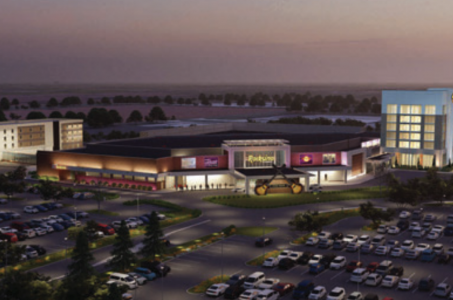

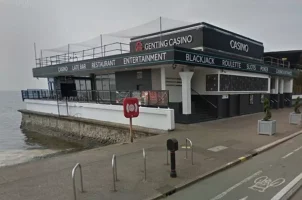










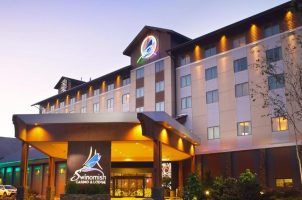
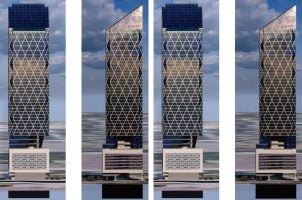
No comments yet